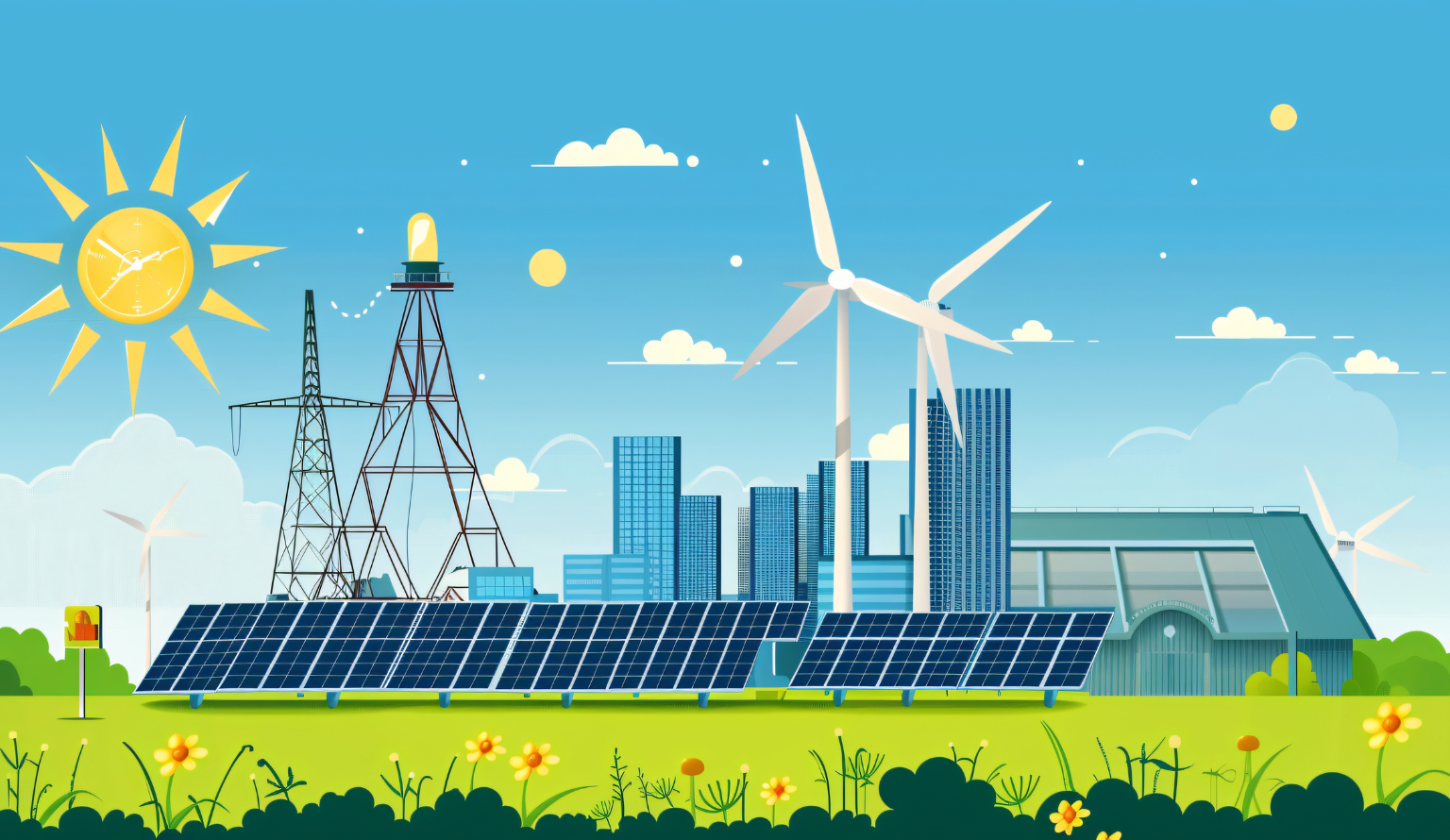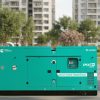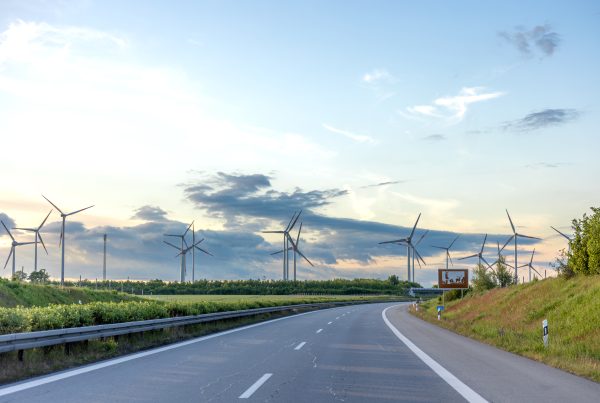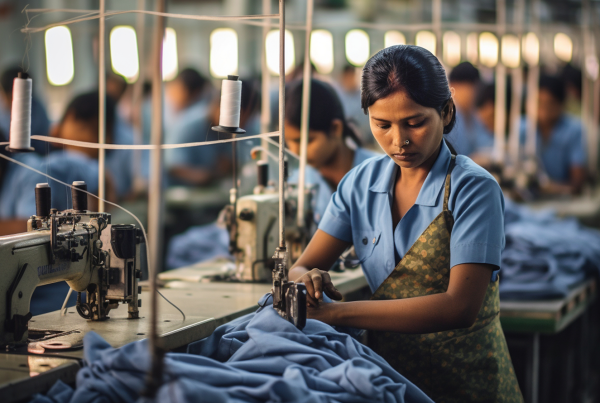In India today, the conversation about myths surrounding renewable energy is crucial and urgent. Despite persistent beliefs that clean energy is too expensive, inefficient, or unreliable, the facts, as demonstrated by Jakson Group, showcase a compellingly different narrative. As a premier leader in India’s solar and renewables sector, we have consistently proven, through our innovative approaches, robust manufacturing, and successful deployment, that these concerns are largely rooted in misconceptions.
Drawing from the robust, proven work of Jakson Group, this blog offers clean energy myth-busting India backed by real data, real projects, and real impact. Here are the top five truths about renewable energy India needs to know.
Myth 1: Renewable Energy Is Unpredictable
The Misconception:
Some believe that since the sun doesn’t shine all the time and the wind isn’t always blowing, renewable energy can’t meet India’s energy needs reliably.
The Truth:
This is one of the most persistent renewable energy misconceptions. As we demonstrate, India’s energy landscape is undergoing rapid transformation. This shift indicates that renewables are becoming essential components of the energy mix, not just fringe options. Moreover, advancements in energy storage solutions, such as battery systems and balancing methods, enhance the reliability of renewables, proving sceptics wrong.
Myth 2: It’s Too Expensive for India
The Misconception:
Many claim that renewable energy requires hefty upfront investments and isn’t economically realistic for India, especially regarding large-scale deployment.
The Truth:
While the initial capital costs can be significant, renewable energy is increasingly competitive, particularly when looking at long-term benefits. Our business model illustrates this well. Our Helia series of solar modules (ranging from 440 Wp to 600 Wp) ensures high efficiency, which lowers the levelized cost of energy (LCOE) and minimises balance-of-system and operational costs.
Additionally, government incentives make rooftop solar systems more accessible for consumers. Homeowners can take advantage of net metering, selling surplus energy back to the grid along with central financial assistance for rooftop installations. Consequently, renewable energy is not just an eco-friendly choice; it’s becoming a smart financial investment in India.
Myth 3: Solar Panels Are Low Efficiency in India
The Misconception:
Some argue that due to heat, dust, and other local conditions, solar panels perform poorly in India, making them less viable.
The Truth:
Our solar modules are tailored for Indian conditions. Our Helia Monofacial PV modules utilise advanced M10 MonoPERC half-cut cells and multi-busbar technology, ensuring high efficiency even in high temperatures or low-light situations. Additionally, our Helia NXT – TOPCon modules push efficiency to an impressive 23.25% through N-type TOPCon technology.
These innovations prove that solar panels deliver consistently high performance even in challenging Indian environments, crushing this widespread renewable energy facts vs myths confusion.
Myth 4: Renewable Energy Won’t Make a Big Environmental Impact
The Misconception:
Some people believe that even with renewable energy, the net environmental benefits will be minimal, and emissions will continue to be a significant issue.
The Truth:
On the contrary, renewable energy brings significant environmental advantages. For example, our partnership on a 50 MW solar rooftop project in Uttar Pradesh with OMC Power is expected to offset approximately 62,500 tonnes of CO₂ annually, an impact equivalent to planting around 2.5 million trees.
These measurable impacts clearly support the truths about renewable energy India needs to embrace. Renewable energy delivers real, large-scale environmental benefits.
Myth 5: Only Big Corporations Can Benefit, Not Households
The Misconception:
Many believe that renewable energy predominantly serves large industries or corporations, leaving small businesses and homeowners with little advantage.
The Truth:
This notion overlooks the accessibility of renewables, particularly solar energy. Our solar modules cater to a multitude of applications, from utility-scale installations to rooftop systems for homes and businesses. Furthermore, financial incentives such as subsidies and net metering make adopting rooftop systems an economically attractive option for households.
Our pioneering efforts in rooftop solar projects across India, spanning residential and commercial sectors, demonstrate that clean energy is not just for big corporations; it’s for everyone.
Jakson Group: Role and Scope of Services
Jakson Group plays a pivotal role in the transformation of renewable energy in India, offering a range of services and solutions that contribute significantly to this sector. Our key offerings include:
Solar Modules and Inverters:
Through our Solar Modules and Cells division, we manufacture high-performance monofacial, bifacial, and TOPCon solar modules.
Manufacturing Capacity:
Our Greater Noida facility has an annual production capacity of approximately 1.2 gigawatts of solar modules.
Green Energy and EPC Services:
We provide comprehensive Engineering, Procurement, and Construction (EPC) solutions for utility-scale solar projects, hybrid systems, and energy storage solutions.
Independent Power Producer Initiatives and Green Molecules:
We are actively involved in the development of solar Independent Power Producer (IPP) projects and are pioneering innovations in green hydrogen, ammonia, and electrolyser technologies.
Large-scale Projects:
As a notable example, we are collaborating on a 50-megawatt solar rooftop project in Uttar Pradesh in partnership with OMC Power, promoting the widespread adoption of large-scale rooftop solar systems.
By encompassing a complete spectrum of activities from module manufacturing to deployment and financing, Jakson Group effectively mitigates numerous real and perceived barriers associated with the adoption of renewable energy.
Conclusion
The prevailing misconceptions regarding renewable energy, such as its unreliability, high costs, low efficiency, minimal impact, and exclusivity to large corporations, are increasingly becoming obsolete. The initiatives undertaken by us clearly demonstrate that renewable energy in India is not only feasible but also scalable and beneficial across diverse sectors.
As India moves toward a greener future, understanding the renewable energy facts vs myths is essential. Jakson Group continues to lead clean energy myth-busting in India, shaping a cleaner, smarter, and more sustainable energy ecosystem for all.
FAQs
Q1. Are renewable energy solutions from Jakson affordable for residential users?
Yes, Jakson offers rooftop solar systems and modules specifically designed for residential applications. With the availability of net metering and government subsidies, the financial viability of residential adoption is significantly enhanced.
Q2. What is the efficiency of Jakson’s solar modules?
The Helia series from Jakson includes M10 MonoPERC half-cut modules with efficiency ratings exceeding approximately 21% and TOPCon modules achieving efficiencies of up to 23.25%.
Q3. Does Jakson support large-scale renewable projects?
Indeed, Jakson Group is actively involved in the development and execution of utility-scale solar, hybrid, and energy storage projects through its green EPC and IPP business divisions









